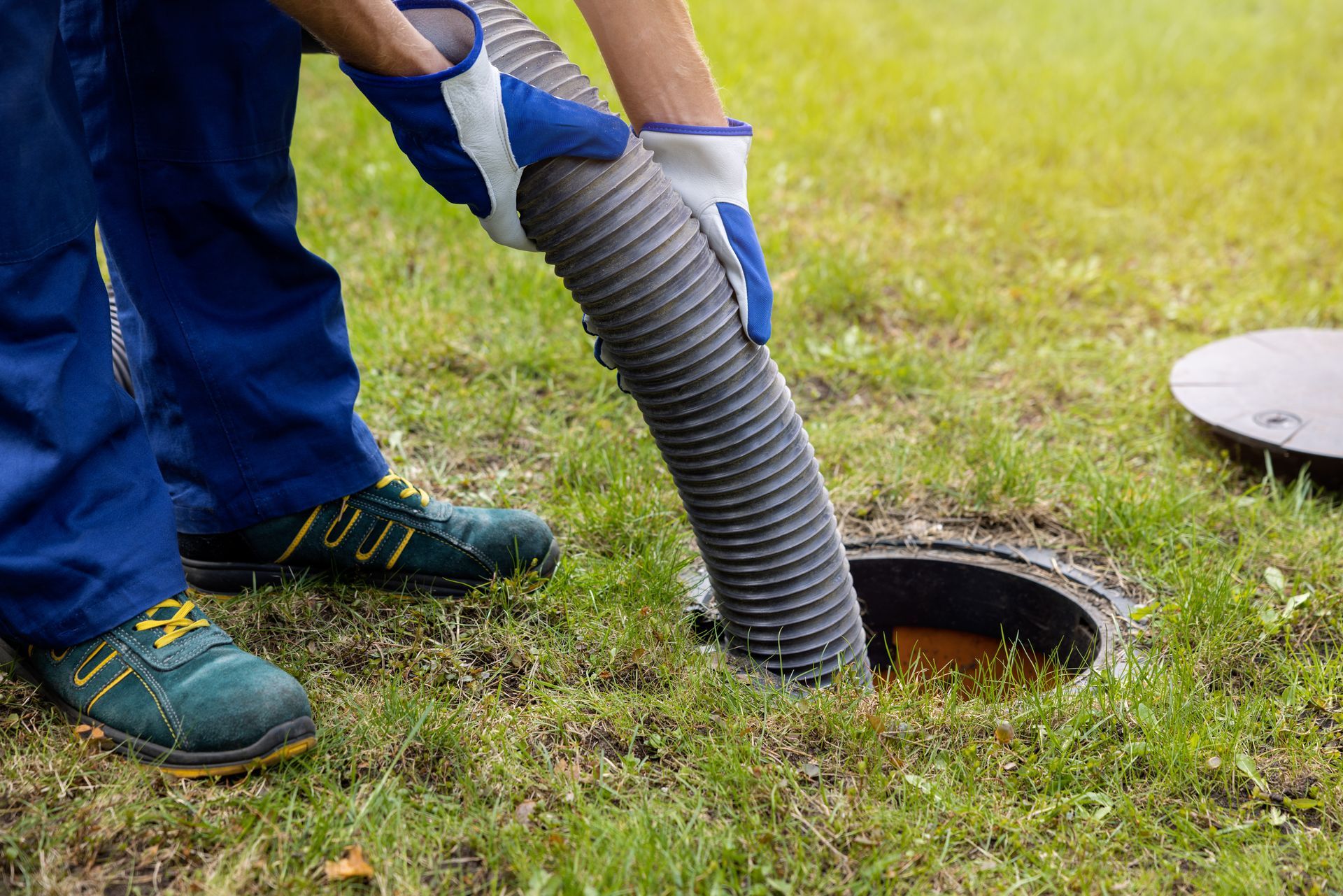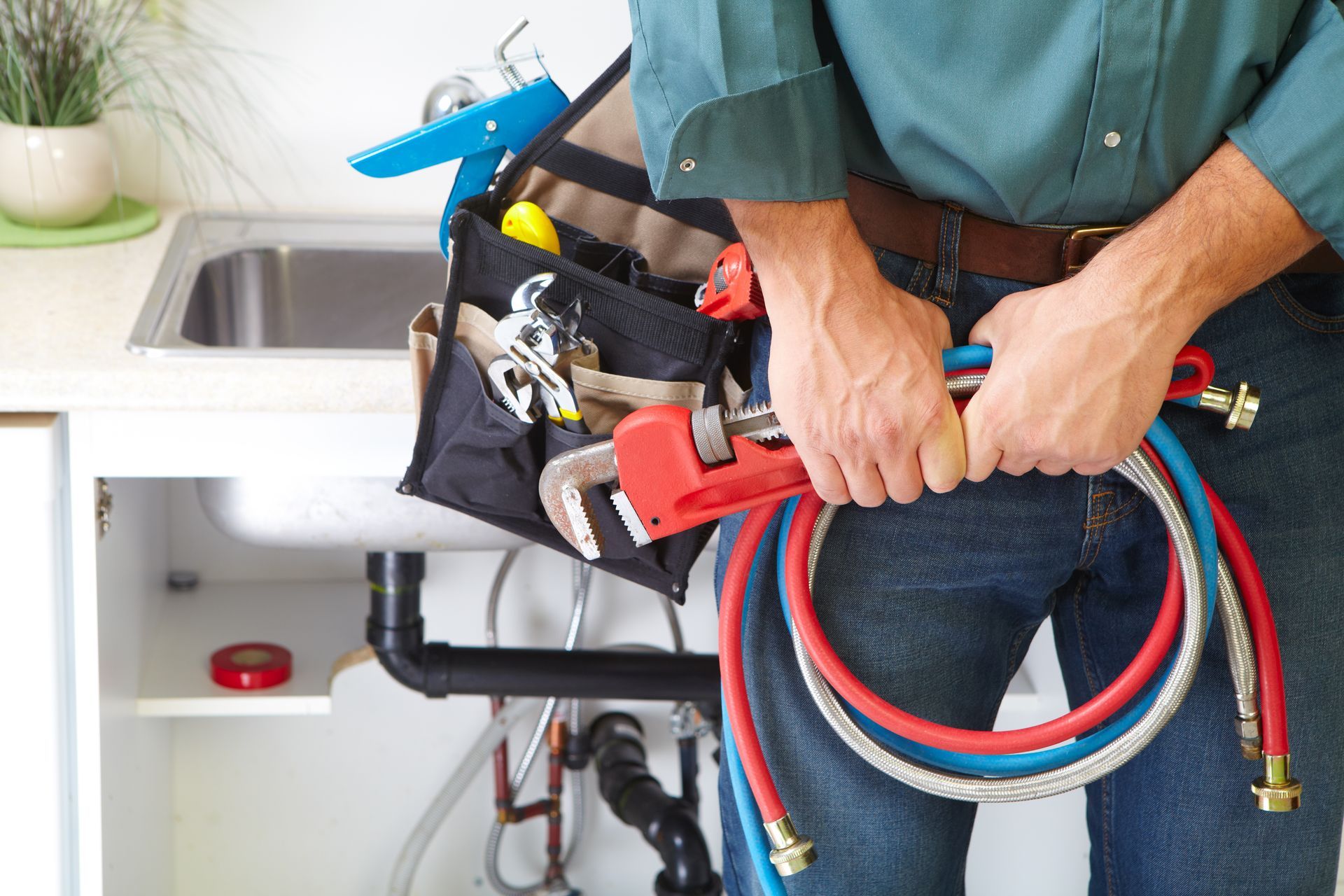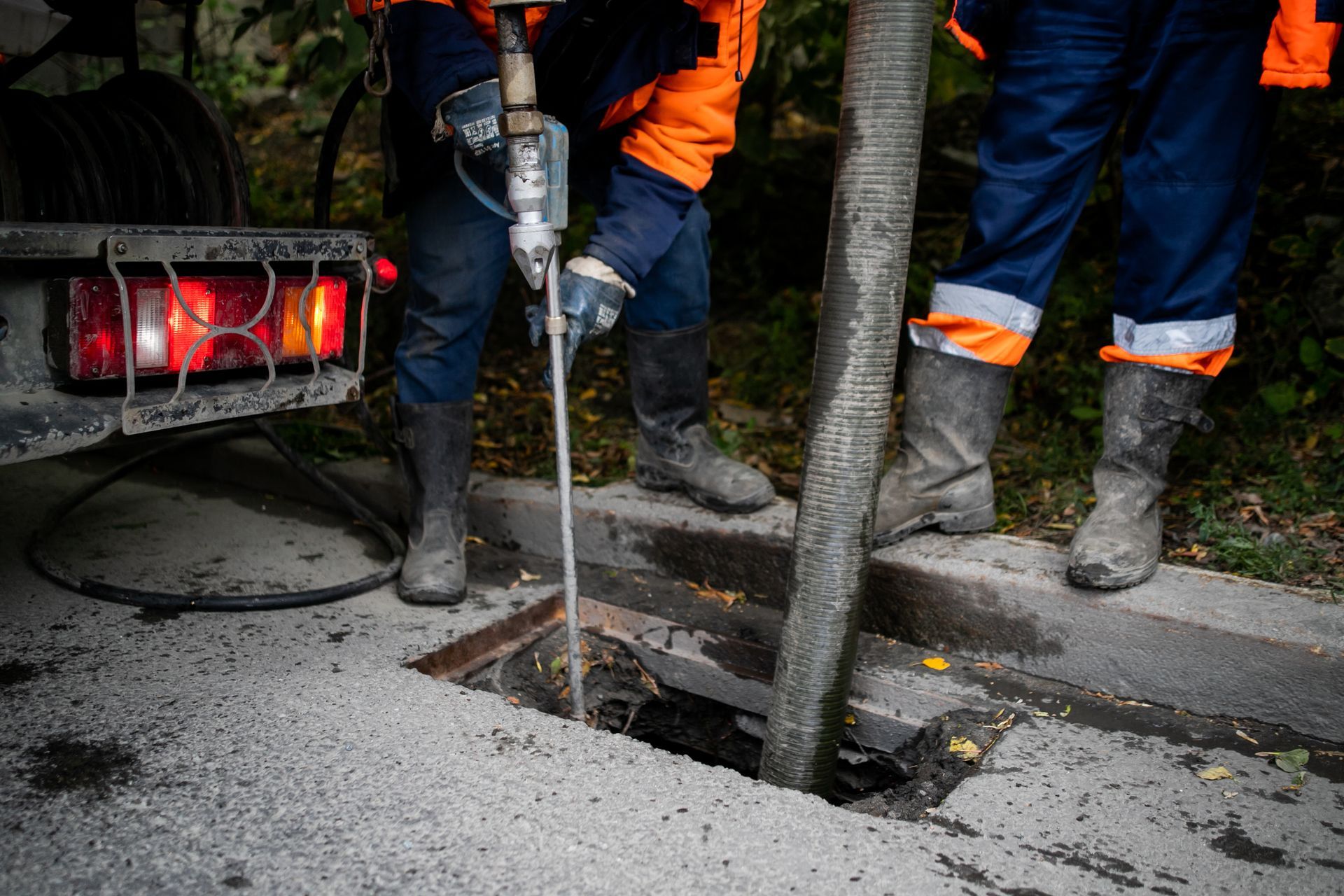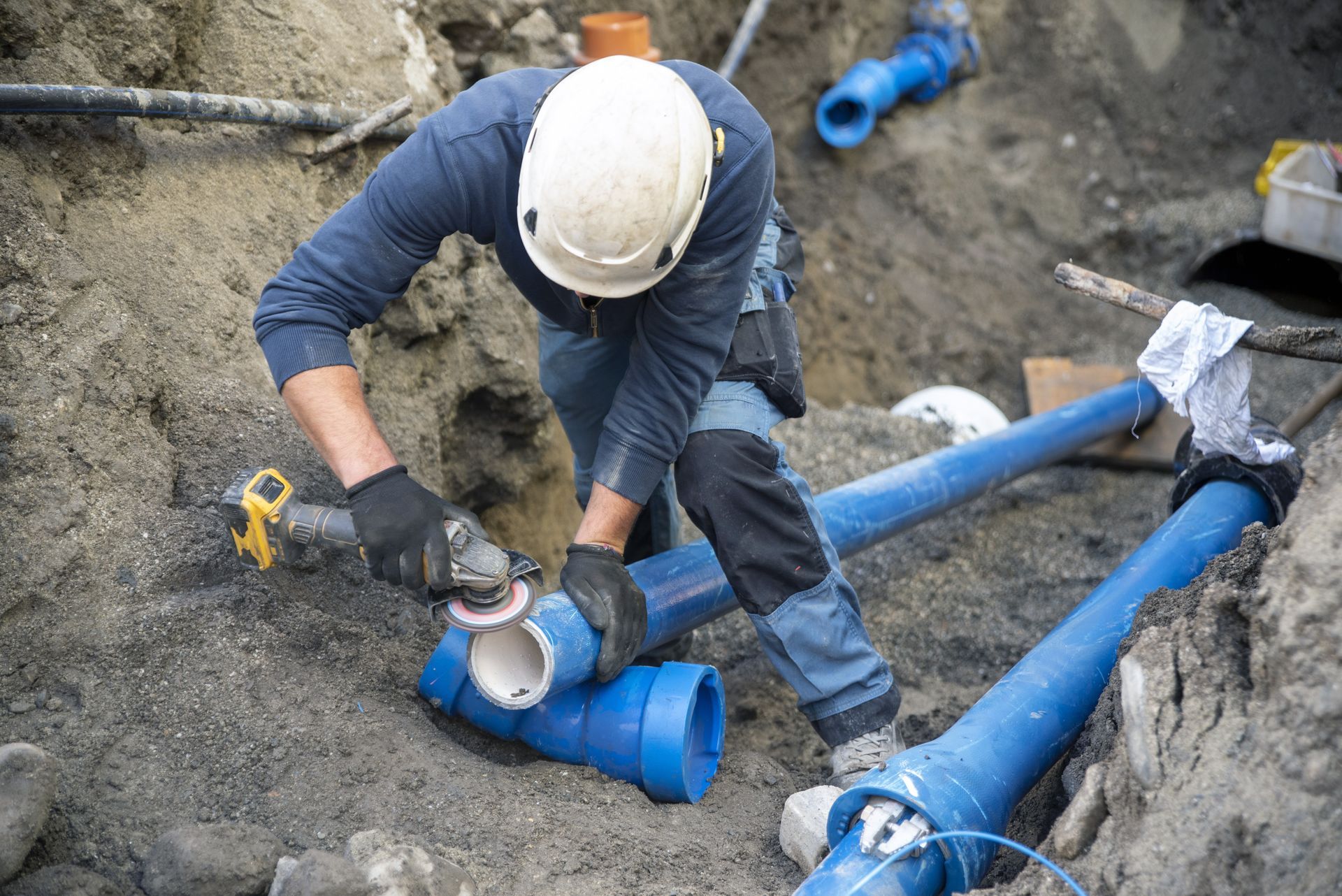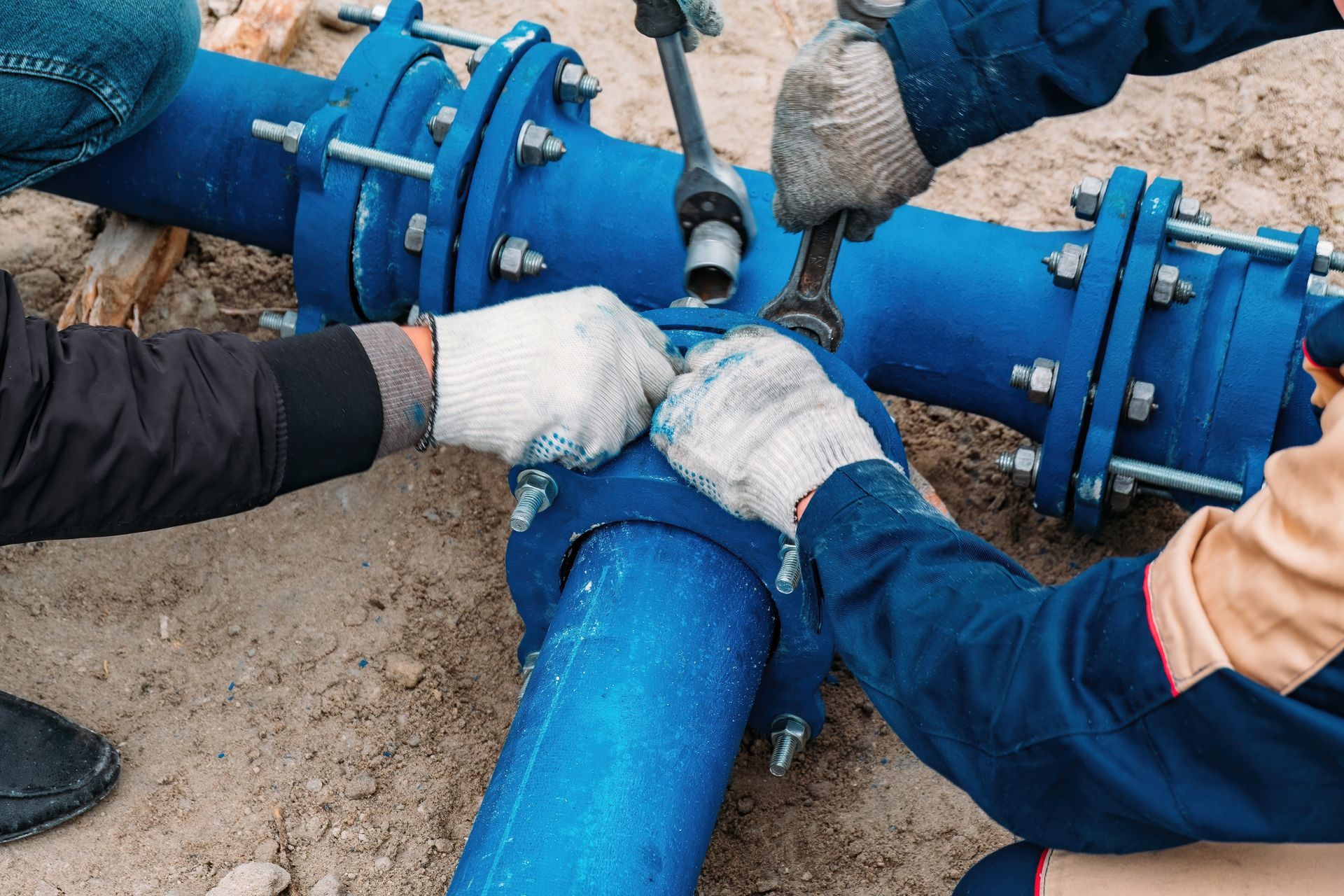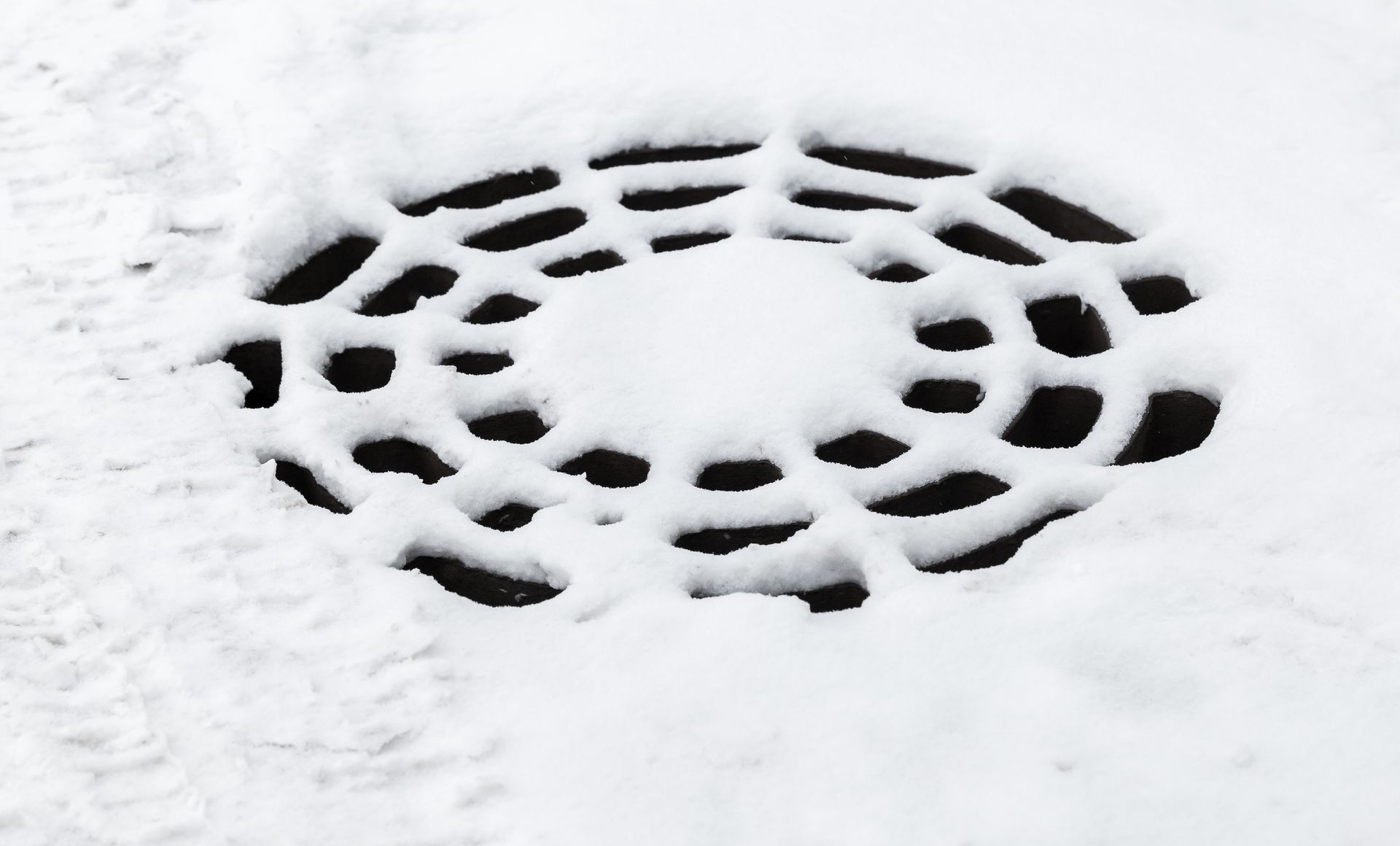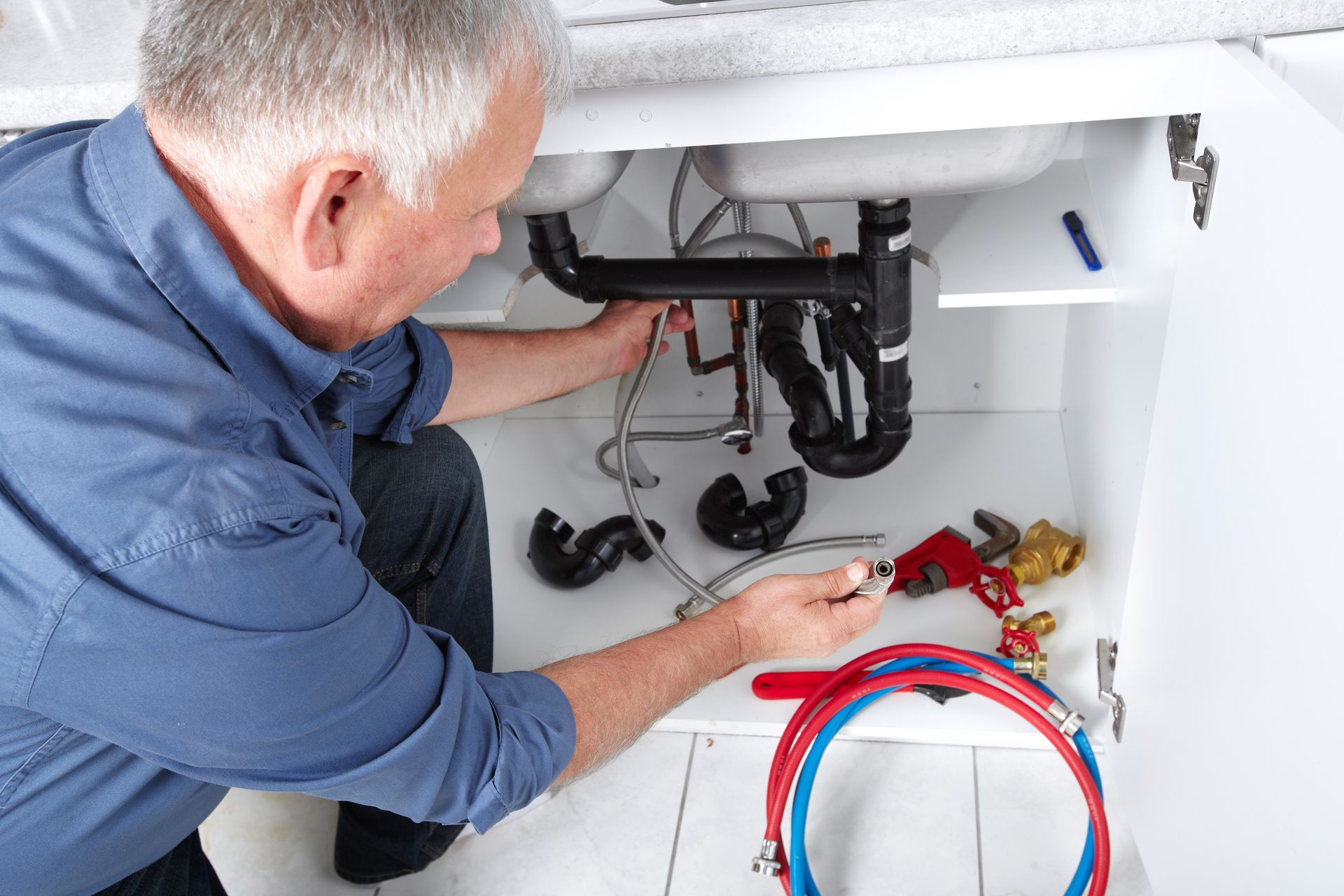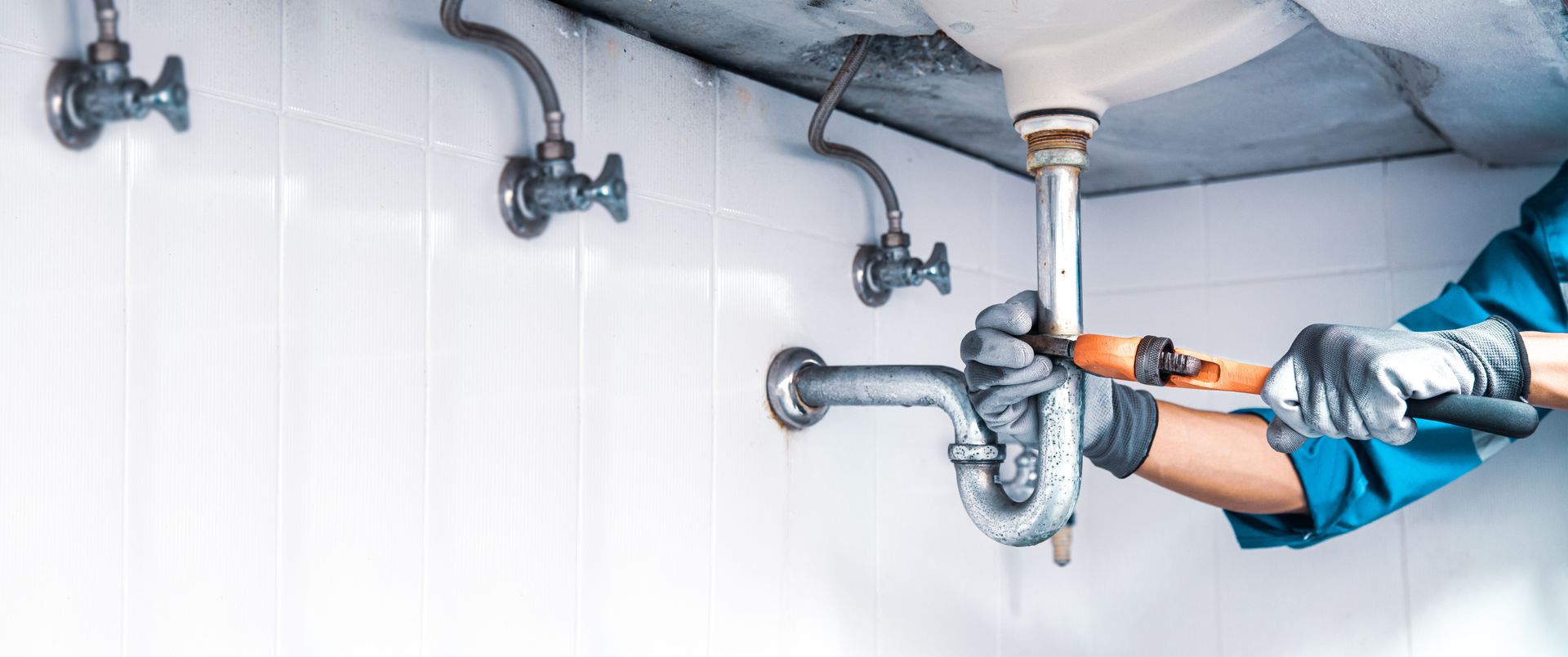Scaling Up: 5 Distinctive Features of Commercial vs. Residential Plumbing
Plumbing, an essential yet often overlooked aspect of modern infrastructure, plays a pivotal role in ensuring the functionality and comfort of buildings, whether they're towering commercial complexes or cozy residential homes. In Western Massachusetts, a region characterized by its blend of historic charm and modern development, understanding the nuances of plumbing systems becomes especially crucial. Among these nuances, the difference between commercial and residential plumbing stands out as a key area of focus.
What is Commercial Plumbing?
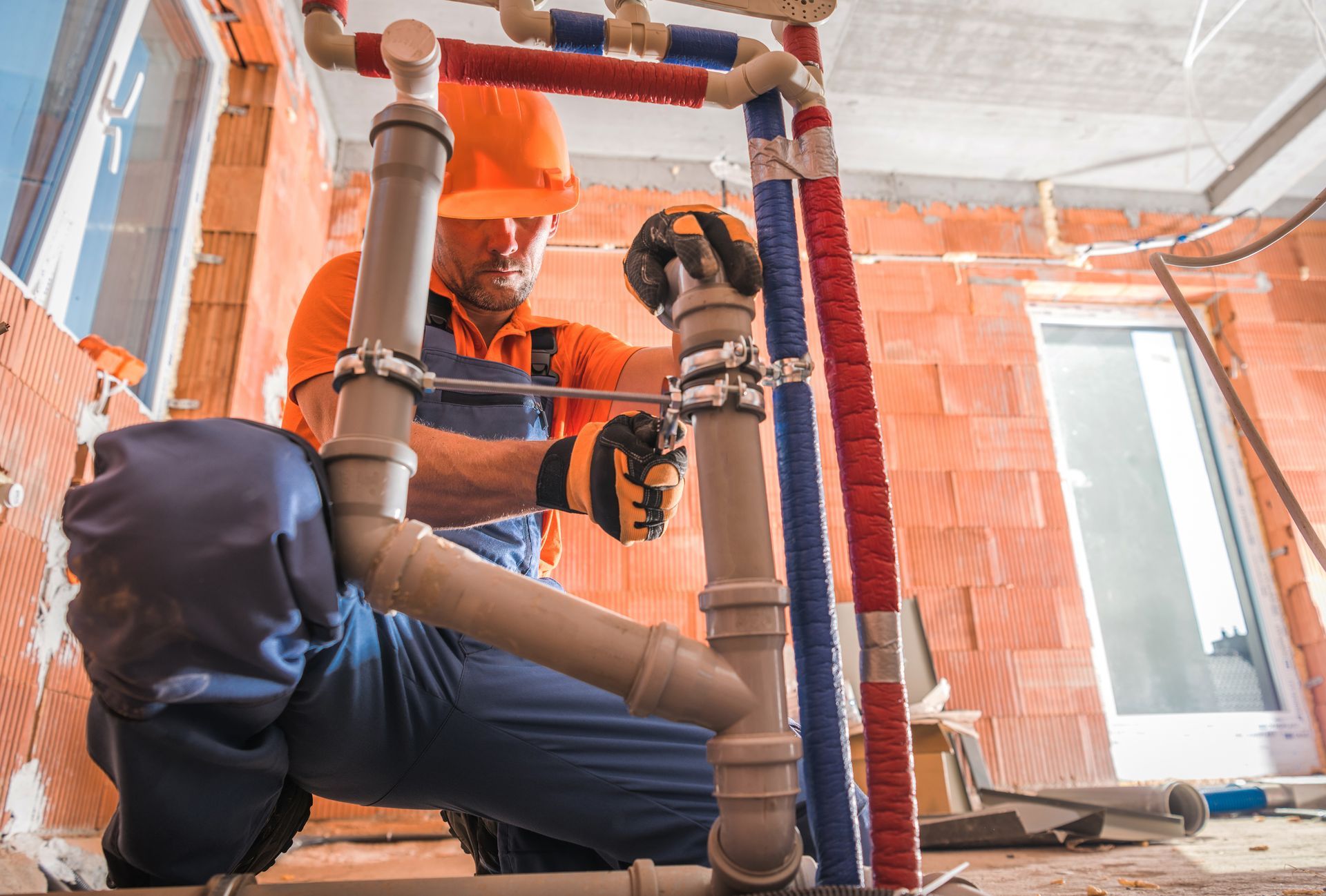
At its core, commercial plumbing refers to the design, installation, maintenance, and repair of plumbing systems in commercial properties—such as office buildings, shopping centers, schools, hospitals, and other large-scale facilities. Unlike its residential counterpart, commercial plumbing is characterized by its larger scale, increased complexity, and the diverse range of requirements it must fulfill. These systems are not just bigger; they are more intricate, subject to heavier usage, and must comply with stringent codes and regulations unique to commercial settings.
Main Differences Between Commercial Plumbing and Residential Plumbing
1 - Size and Complexity of Plumbing Systems
The first distinguishing feature between commercial and residential plumbing is the sheer size and complexity of the plumbing systems involved. Commercial properties, owing to their larger scale and varied use, demand more extensive plumbing networks. These systems include multiple floors of toilets, sinks, and possibly even specialized equipment such as industrial kitchens or science labs, each with their own unique plumbing requirements. This level of complexity far exceeds that of a typical residential home, which typically has a more straightforward plumbing setup. Moreover, commercial plumbing systems must be designed and installed to handle a significantly higher volume of use, necessitating robust pipes, heavy-duty fixtures, and more powerful water heaters.
2 - Varied Types of Usage and Requirements
The second key difference lies in the wide array of usage types and specific requirements that commercial plumbing systems must accommodate. Unlike residential plumbing, which typically supports a relatively homogeneous set of uses (such as bathrooms and kitchens), commercial plumbing might need to cater to a multitude of unique needs depending on the nature of the business. For instance, a hospital would have different plumbing requirements than a restaurant, a school, or an office building. These requirements could range from installing specialty fixtures and equipment, adhering to strict health and safety regulations, to ensuring adequate water pressure and temperature control across the facility. Furthermore, commercial facilities often require larger and more powerful water heaters, as they need to supply hot water simultaneously to various points of use. This varied and often specialized usage makes commercial plumbing far more complex and diverse than its residential counterpart.
3 - Different Installation and Maintenance Needs
The third distinction lies in the unique installation and maintenance needs that commercial plumbing systems demand. Unlike residential systems, which usually require standard fixtures and components, commercial plumbing often necessitates specialty equipment. This could range from high-capacity water heaters to large-scale waste removal systems, all of which require skilled professionals for installation and maintenance. Additionally, due to the significant daily use and wear-and-tear commercial systems undergo, they demand more frequent and comprehensive maintenance. Preventive measures and regular inspections are crucial to prevent significant downtime or interruptions to business operations. Regular cleaning and maintenance of commercial systems are intricately planned and executed to ensure optimal functionality. In contrast, residential plumbing systems, with less usage and simpler configurations, generally require less frequent and less complex maintenance routines. The expertise and resources required for commercial plumbing installation and maintenance, therefore, far exceed those needed for residential plumbing.
4 - More Strict Regulatory Compliance
The fourth distinguishing characteristic between commercial and residential plumbing lies in the level of regulatory compliance required. Commercial plumbing systems are subject to much stricter building codes and regulations to ensure the safety, health, and well-being of a larger number of users. Given their larger scale and complexity, mistakes or malfunctions in commercial plumbing can have far-reaching impacts. Therefore, these systems must adhere to stringent standards for material usage, installation practices, water conservation, and waste disposal, among others. Regular inspections are conducted to ensure ongoing compliance and to identify any potential issues before they become serious. On the other hand, while residential plumbing is also subject to regulations, these are generally less stringent due to the smaller scale and lower risk associated with these systems. The knowledge and expertise required to navigate the regulatory landscape of commercial plumbing are far greater than that required for residential plumbing.
5 - Increased Demand and Usage Intensity
The final significant difference between commercial and residential plumbing is the increased demand and usage intensity that commercial systems face. In commercial settings, plumbing systems are used intensively throughout the day, with consistent high-volume demand. This can include continuous flushing in restrooms, constant water usage in commercial kitchens, or specialized use in facilities like hospitals or labs. The plumbing systems, therefore, must be designed to withstand this high demand without compromising their efficiency or functionality. In contrast, residential systems, while certainly used regularly, do not face the same intensity or constant demand. The usage tends to be less frequent and is spread out over the day, allowing for periods of rest and recovery for the system. This heightened demand and usage intensity necessitate commercial plumbing systems to be more robust, enduring, and require regular servicing and maintenance to function optimally.
About Hurley Plumbing
Since 1975, Hurley Plumbing has established itself as a premier provider of commercial plumbing services in Springfield, MA, and throughout Hampden County. We are not just commercial plumbers; we are industry pioneers committed to meeting the evolving plumbing needs of businesses in our community. Our longevity in the industry and roots in the local community have allowed us to uniquely understand and cater to the diverse and complex plumbing requirements of commercial establishments. If you're searching for "commercial plumbers near me," look no further than Hurley Plumbing. Our team of skilled professionals is equipped to handle the most intricate plumbing issues, ensuring your business operations run smoothly and efficiently. We uphold the highest standards in all our services, adhering strictly to regulatory guidelines. With Hurley Plumbing, you receive unparalleled service, in-depth expertise, and a commitment to excellence that has been honed over four decades in the industry. Contact us today!
